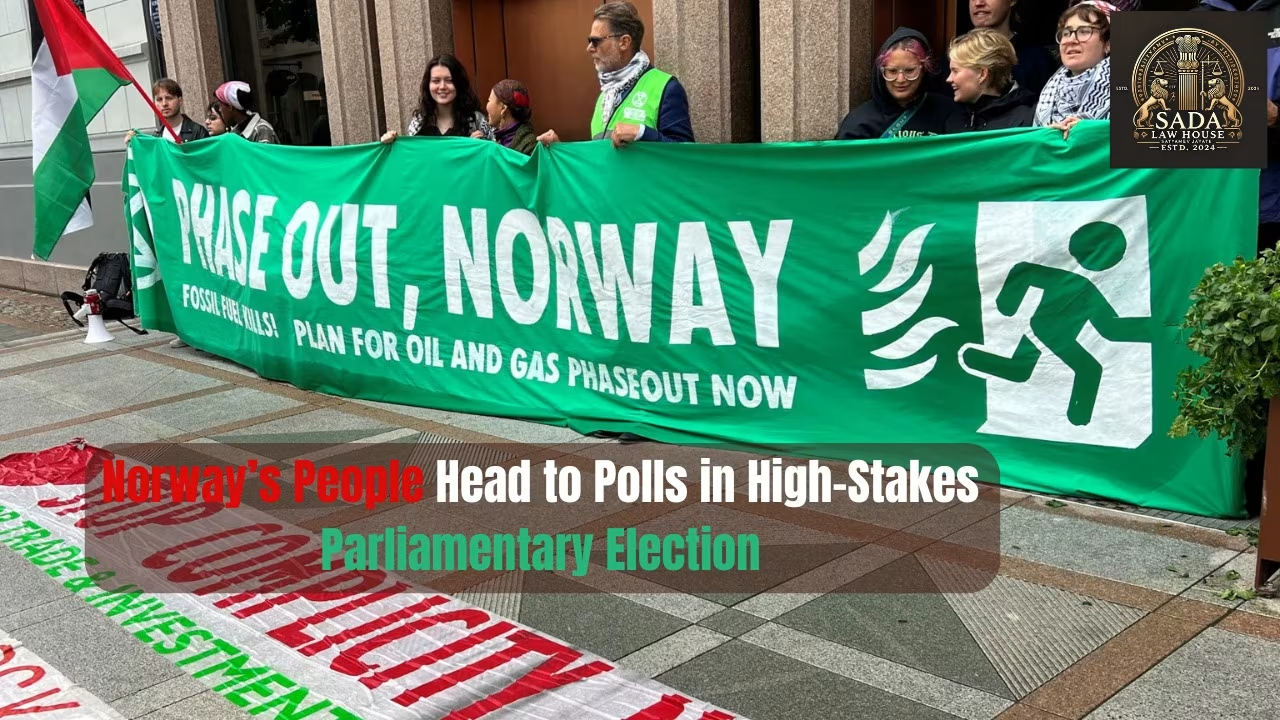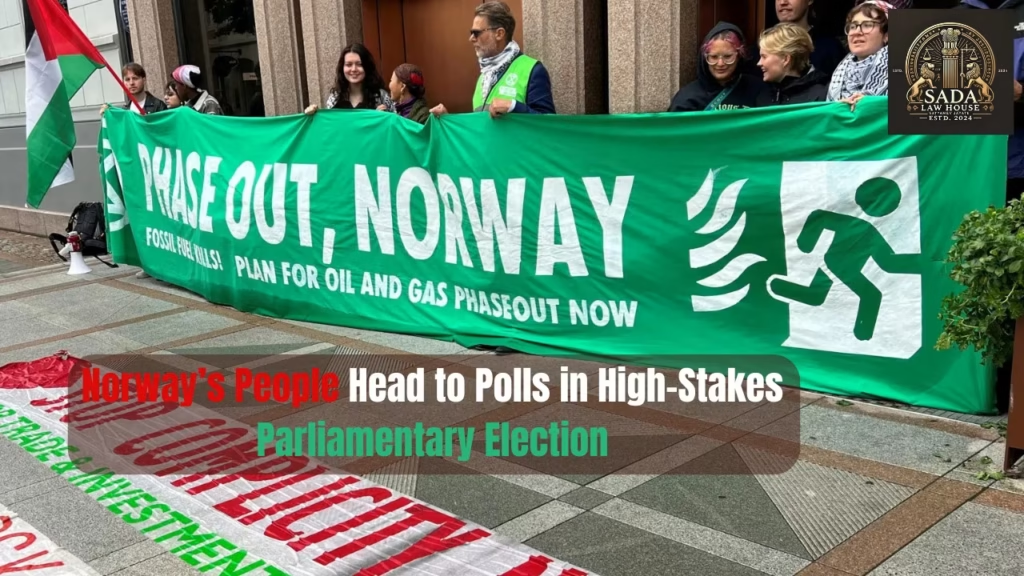Norway’s People Head to Polls in High-Stakes Parliamentary Election
- Shristi Singh
- 09 September 2025

INTRODUCTION
Norway began its parliamentary elections on 8 September 2025, entering the final day of a closely contested race. With the Labour Party narrowly leading the Conservative bloc in opinion polls, the campaign has been dominated by surging living costs and questions of economic resilience—issues reshaping traditional voter alignments in the Nordic welfare model.
BACKGROUND & CONTEXT
The minority Labour government, in power with support from allied leftist parties, has struggled to maintain stability.
Rising inflation, higher energy bills, and cost-of-living pressures have eroded public confidence.
Conservative and populist rivals have capitalized on discontent, campaigning on promises of economic relief and fiscal prudence.
KEY DEVELOPMENTS
Polling stations opened across the country as Norwegians cast their final votes.
Core electoral debates revolve around cost-of-living measures, welfare spending, climate commitments, and energy production.
Analysts caution that Norway’s multiparty system could result in deadlock and prolonged coalition negotiations if no bloc secures a majority.
ANALYSIS
Policy Mandate at Stake: Labour’s challenge is balancing relief for struggling households while upholding climate and energy goals central to Norway’s global reputation.
Coalition Complexity: Fragmented results could extend coalition talks, echoing broader European political instability.
Nordic Political Signal: The outcome may serve as a barometer for how center-left governments in Europe navigate the tension between welfare protections and fiscal sustainability.
CONCLUSION
The 2025 parliamentary election marks a pivotal moment for Norway. Whether the centre-left coalition can weather economic discontent or a conservative shift redefines the country’s trajectory will have implications not only domestically but also for broader European politics.







